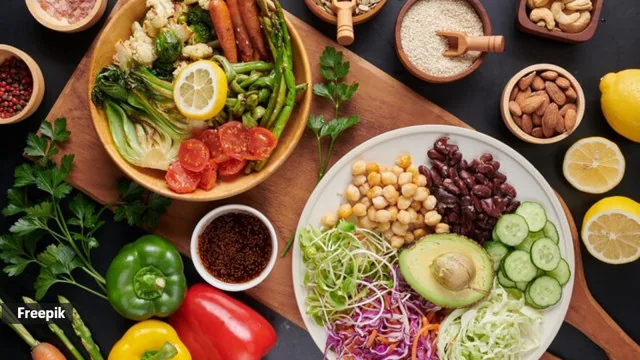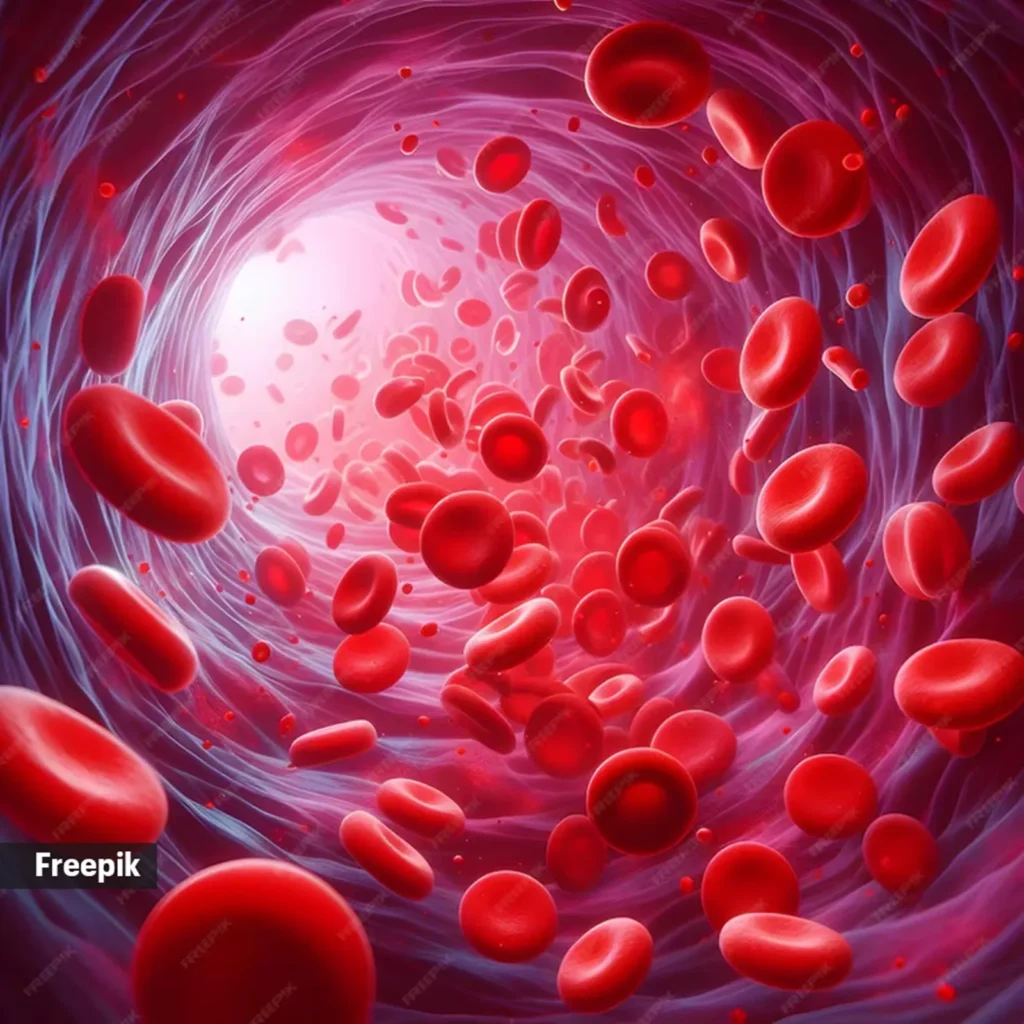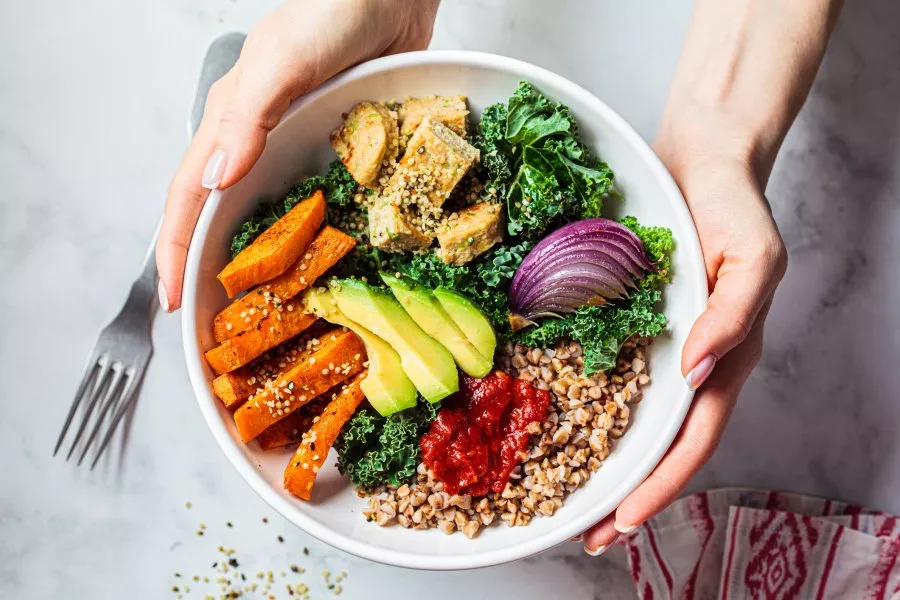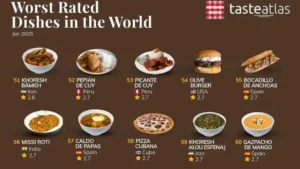Global Health: Over five billion people do not consume enough iodine, vitamin E, calcium: Here’s how much micronutrients Indian women need (age-wise)

Global Health: A recent study published in The Lancet Global Health journal has highlighted a pressing concern for India’s nutritional landscape: people across all age groups are not getting enough micronutrients, either from their daily diets or supplements. According to a report by PTI, “The findings suggested that around the world, almost 70 per cent, or over five billion people do not consume enough iodine, vitamin E, and calcium.” The study also discovered that in India, more men took insufficient levels of zinc and magnesium, while more women ingested insufficient amounts of iodine.
The report added that inadequate calcium intake was most common in men and women between the ages of 10 and 30, particularly in South and Southeast Asia and sub-Saharan Africa. “Despite being frequently overlooked, micronutrients are critical to the general health and wellbeing of women,” says Kanikka Malhotra, consultant dietician and certified diabetes educator.
These deficiencies are more pronounced among Indian women, who face unique nutritional needs at different stages of life, from adolescence to pregnancy, and into menopause. Therefore, understanding the specific micronutrient requirements of women, and knowing the best dietary sources to meet these needs, is crucial for improving overall health and well-being.
Micronutrients are essential for sustaining bone health in addition to reproductive health, says Malhotra. “Osteoporosis is a disorder that causes weak bones, and it is more common in women. For the development and maintenance of strong bones, calcium and vitamin D are necessary. Women going through menopause should pay particular attention to these nutrients since hormonal changes might hasten the loss of bone.”
She continues, “Micronutrients are also necessary for metabolism and the synthesis of energy. B vitamins play a role in the process of converting food into energy, including thiamine, folate, and B12. Since iron is necessary for delivering oxygen to cells, it is also a crucial ingredient for the creation of energy. Iron deficiency can result in anemia, which can make you feel weak and tired.” Micronutrients are essential for maintaining a healthy immune system in addition to these other roles. Antioxidants like vitamins C and E help shield cells from harm and strengthen immunity. When you’re sick or under stress, these nutrients can be really helpful. Micronutrients have a critical role in mental wellness. Nuts, seeds, and fatty fish are good sources of omega-3 fatty acids, which are crucial for brain function and may aid with mood management. Depression and other mental health problems have been connected to an omega-3 fatty acid deficit.
The specific micronutrient needs can vary based on individual factors like health status, activity level, and dietary habits, says Malhotra.
Malhotra explains, “Indian women can ensure adequate micronutrients intake by prioritising whole foods like whole grains, legumes, fruits, vegetables, dairy products, and nuts and seeds. Cooking with healthy oils like mustard oil, olive oil, or coconut oil can also contribute to a balanced diet. Limiting processed foods, which are often high in unhealthy fats, sodium, and added sugars, is essential.”

Traditional Indian cooking practices can be modified to enhance nutrient absorption, she says. Techniques like soaking and sprouting grains and legumes can increase the bioavailability of certain nutrients. While frying is a popular cooking method, excessive frying can reduce nutrient content. “Incorporating regional variations into your diet can help you access a wider range of nutrient-rich foods. Different regions of India have unique dietary traditions and local produce that can be incorporated into your meals.”

Iodine
Iodine is an essential mineral that our bodies need to make thyroid hormones. These hormones play an important role in regulating our metabolism, which in turn affects our ability to regulate our body temperature, heart health, brain development and body weight, among other things. And yet, 68 percent of the global population isn’t getting enough of it, at least from diet.
It’s important to point out that the study did not include nutrient intake through fortification and supplementation, which is what many people in the U.S. rely on to meet their daily dietary requirements.
Interestingly, women were significantly more likely to have inadequate iodine intakes compared with men.
The recommended dietary allowance for iodine is 150 micrograms daily and 220 micrograms a day for pregnant people, with a recommended upper limit of 1,100 micrograms. So what foods can you eat to reach these recommendations?
- Fish—cod is particularly high in iodine, with approximately 146 micrograms in a single serving, according to the National Institutes of Health.
- Seaweed—two tablespoons of dried nori contains 116 micrograms.
- Dairy—one serving of plain Greek yogurt contains about 87 micrograms, while a cup of skimmed milk contains 84.
- Eggs—one large hard-boiled egg contains 31 micrograms.
- Shrimp—3 ounces contains 13 micrograms.
In the U.S., many foods are also fortified with iodine, including certain breads and iodized salt.
Vitamin E
Vitamin E is a fat-soluble vitamin that plays an important role in mopping up reactive waste products from metabolic reactions (known as free radicals), which can cause damage to our cells. It is also involved in supporting our immune system and communication between our cells.
The recommended dietary allowance for vitamin E is 15 milligrams, with an upper limit of 1,000 mg.
Severe vitamin E deficiency in the U.S. is rare, but previous research has shown that most Americans are not getting their recommended daily intakes. According to the new research, 67 percent of adults worldwide are not getting enough of this essential vitamin from their diets. Luckily, there are lots of foods to choose from to hit your daily targets:
- Seeds—1 ounce of dry roasted sunflower seeds contains 7.4 mg, nearly half your daily target.
- Nuts—1 ounce of dry-roasted almonds contains 6.8 mg, while 1 ounce of peanuts contains 2.2 mg. Peanut butter is also rich in this vitamin, providing 2.9 mg in two tablespoons.
- Spinach—half a cup boiled contains 1.9 mg.
- Broccoli—half a cup boiled provides 1.2 mg.
- Kiwi—one kiwi contains 1.1 mg (and 71 percent of your daily vitamin C intake while you’re at it).
Because vitamin E is fat soluble, you’ll get the most benefit from these foods if you eat them with something rich in healthy fats, like avocado, oily fish or olive oil.
Calcium
Calcium plays a major role in bone health, as well as blood circulation, muscle function, hormone secretion and communication in our nervous system. And yet 66 percent of adults worldwide are not getting enough of it from their diets.
The recommended dietary allowance for adults under the age of 50 is 1,000 mg daily, rising to 1,200 among those over 50. Consuming over 2,500 mg a day can cause gastrointestinal problems and potentially increase your risk of heart disease, but it is difficult to exceed this limit from diet alone.
In the U.S., approximately 72 percent of our calcium intake comes from dairy products—a serving of plain yogurt contains roughly a third of your daily recommendation, while a cup of milk contains about one-quarter—but there are other sources too:
- Oily fish—3 ounces of sardines contain 325 mg of calcium, or one-quarter of your daily recommendation. The same amount of salmon provides 181 mg.
- Soybeans—half a cup of cooked soybeans contains 131 mg.
- Green leafy vegetables—half a cup of boiled spinach contains 123 mg, while one cup of cooked kale contains 94 mg.
- Chia seeds—one tablespoon of chia seeds contains 76 mg.
- Beans—half a cup of canned pinto beans contains 54 mg.
The amount of calcium that we can absorb varies between different foods, and your body needs sufficient levels of vitamin D to absorb it.
Iron
Our bodies need iron to transport oxygen through our blood. It also plays a vital role in muscle metabolism, physical growth, brain development and hormone production, among other things.
Iron deficiency, also known as anemia, affects roughly 4 million to 5 million Americans every year, according to research published in the online journal PLOS One. Menstruating women are particularly vulnerable to iron deficiencies, often marked by fatigue, lightheadedness, sensitivity to cold and shortness of breath.
The recommended dietary allowance for adults is 8 mg daily for men, 18 mg for women and 27 mg for pregnant people, with an upper limit of 45 mg for most adults. However, 65 percent of adults worldwide do not get enough iron from their diets.
Foods rich in iron include:
- Shellfish—3 ounces of oysters contain 8 mg of iron, 100 percent of the daily recommended intake for men and nearly half the recommended intake for women.
- Beans—one cup of white beans contains 8 mg of iron, while a cup of kidney beans contains 4 mg.
- Lentils—one cup of boiled lentils contains 6 mg.
- Spinach—half a cup of boiled spinach contains 3 mg.
- Beef—3 ounces of beef contains 2 mg.
Many breakfast cereals are also fortified with iron.
With Thanks Reference to: https://www.newsweek.com/key-nutrients-lacking-diet-adults-alarming-food-1947709 and https://indianexpress.com/article/lifestyle/food-wine/micronutrients-women-nutrition-diet-health-deficiency-9544407/







